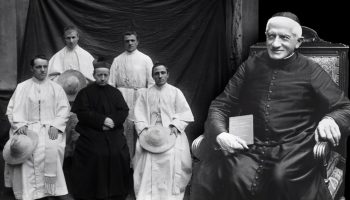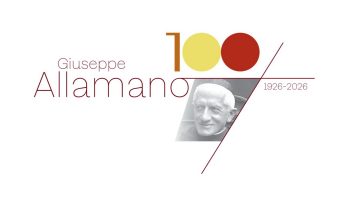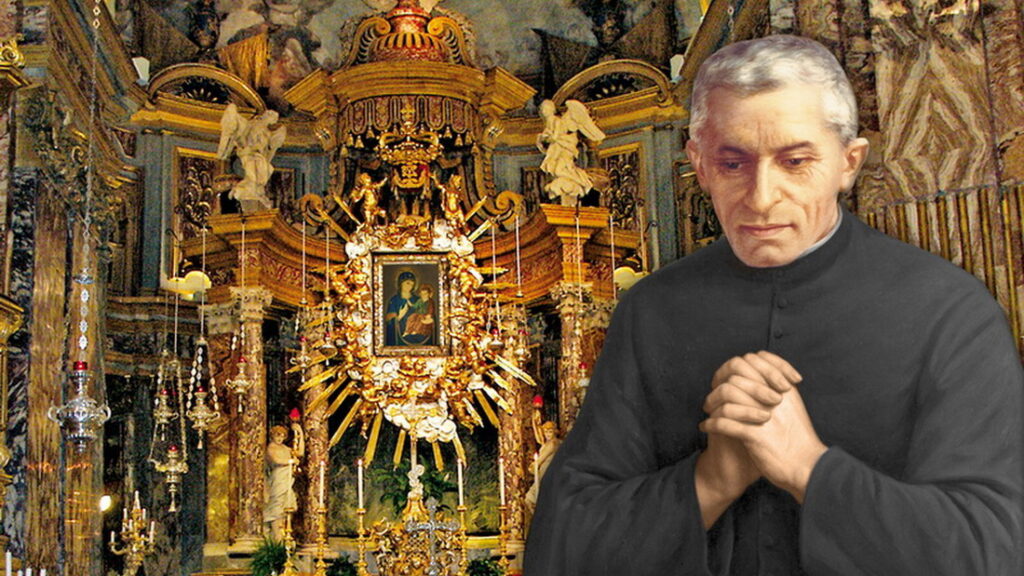
For aggregation to the College of Doctors of the Theological Faculty of Turin, two exams were required: a private one (discussion on a thesis and then a half-hour lecture on an assigned topic) and a public one. Fr. Joseph Allamano took the private exam on December 22, 1876 and the public one on June 12, 1877.
By Jonah Makau *
This public examination consisted of the presentation of the written thesis and a dispute, in Latin, lasting three hours on six theses chosen from 160 of Moral, Dogmatic Theology and Holy Scripture. The public examination, which began at 10 a.m., ended at a quarter past one. The examiners, around 11 a.m., were also joined by the Archbishop. During this period Fr. Allamano was newly appointed spiritual director for the school year 1876 – 1877.
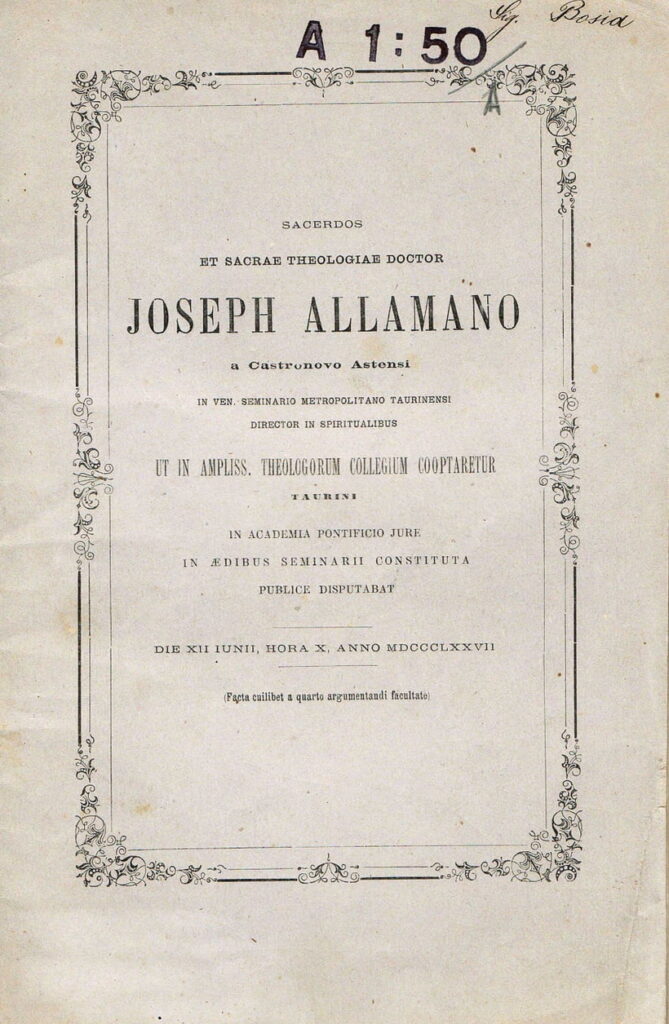
The title of the thesis presented by Allamano was: “De admirabili Filii Dei Incarnatione” (On the marvellous Incarnation of the Son of God). The printed thesis consists of 72 pages: the first 39 contain the thesis proper, i.e. the study on the chosen topic, while the remaining ones report the 160 theses. Allamano had the thesis printed in two forms: most with the ash-colored cardboard cover, with the words in black; some copies with a more elegant cover (blue hardcover and gold writing).
Fr. Igino Tubaldo made an interesting study of Fr. Allamano’s thesis, retracing all its steps: why he wanted to obtain this title of “collegiate doctor”; what is the reason for the choice of the theme; when and where he prepared the material for the thesis and for the public examination; his physical reactions (exhaustion to the point of hemoptysis, with administration of the Holy Viaticum) and psychological reactions, also expressed later, etc. Fr. Igino Tubaldo also presented a brief summary of the content of the thesis.
In the General Archives there is a folder containing Allamano’s personal documents (birth, baptism, confirmation, etc., until this examination); There are also two copies of the thesis: one with the normal cover and one with the elegant cover.
To deepen this theme, one needs to read Tulbaldo’s book “Giuseppe Allamano, Il suo tempo – La sua vita – La sua opera”, or the magazine “Missioni Consolata” printed in Turin on 1982, I, pages 278 – 293. The subsequent news on the health condition of Fr. Allamano (after these tests) is also interesting; first on holiday in Oropa and then in Ceres, until the cessation of the haemoptysis and the return to Turin: cf. pp. 293 – 296.
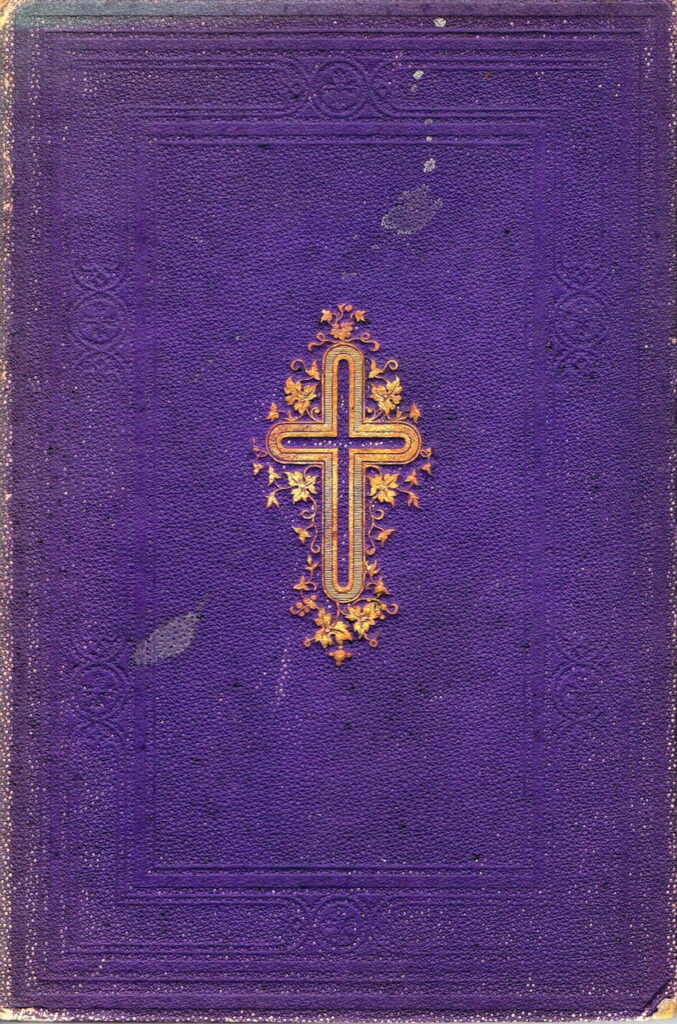
Fr. Lorenzo Sales also spoke of it in his biography, but very briefly: Sales Lorenzo, Il Servo di Dio Canonico Giuseppe Allamano Fondatore delle Missioni della Consolata, ed. Istituto Missioni Consolata, (third edition) Turin 1944, pp. 73-75.
The news of Fr. Allamano’s aggregation to the College of Doctors was given by the newspaper “L’Unità Cattolica”, no. 139, Friday, June 15, 1877, Italian Chronicle, p. 555. The text is found in: Letters, I, 81-82.
The fact that Fr. Allamano was well prepared is very encouraging. It tells us why he used to say that a missionary who is not learned is like an extinguished lamp. Studying is important because it expands our knowledge, improves critical thinking and problem-solving skills for the benefit of the missions.
It fosters personal and professional growth and boosts confidence, that way it prepares the missionary to serve better the people of God. Studying equips individuals with the knowledge and abilities needed to make informed decisions. That is crucial for the constantly changing missionary environment.
The Institute continues to encourage missionaries to avail themselves for various disciplines, with the aim of preparing people who are able to tackle emerging situations in the missionary field. Studying helps us to be able to correctly handle and present the truth of the gospel to the people of God.
May Saint Joseph Allamano inspire us to always qualify ourselves for the good of the mission.
* Father Jonah Makau, IMC, Postulation and History Office.

